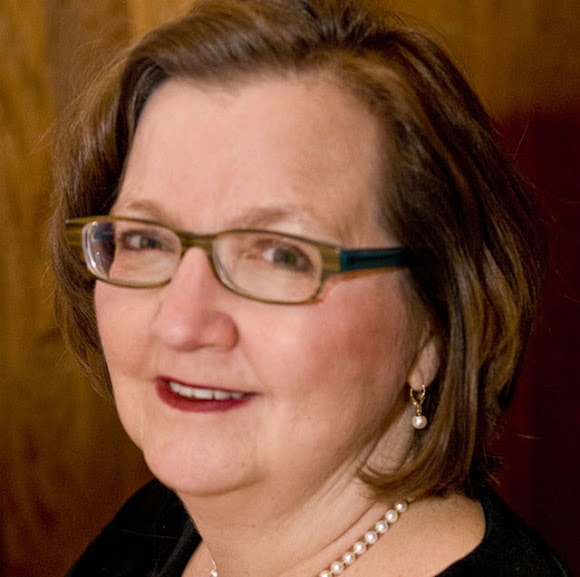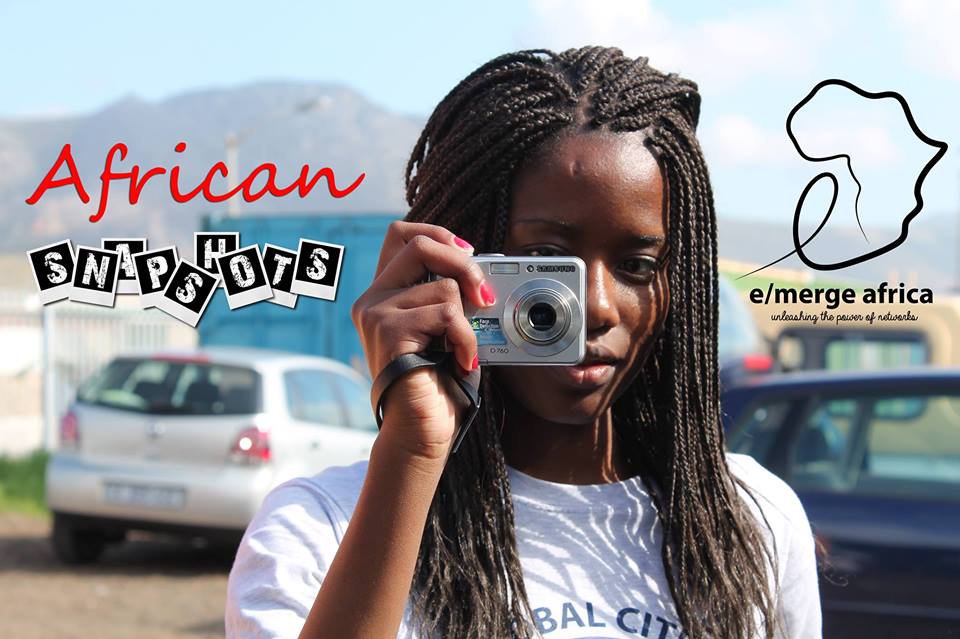This year we are particularly pleased to once again to be joined by Dr. Janet Salmons, Founder and Consultant at Vision2Lead. This year Janet will present two webinars highly relevant to all who are involved in qualitative research where some or all is internet-based.
When big data raises new questions…when you want to dig deeper and explore motivations, perspectives, and connections… you need qualitative approaches. Dr. Janet Salmons is conducting a virtual book tour to introduce the ideas and methods described in her new SAGE book, Doing Qualitative Research Online. e/merge Africa is hosting a stop on the tour, with two webinars and a week-long discussion.
All are welcome– whether you teach research-oriented courses, supervise student research, are a student yourself or a researcher who designs and conducts academic, business or social science research. You are welcome to join in whether or not you read the book. Chapter 2 is online for free download and you would like to purchase the book, you can receive a 25% discount with the attached code.
Webinar: Getting Started: Teaching Online Research Design Basics – Monday 4 April 2016 – 3 pm (SAST)
As educators teaching classes about research methods, or as supervisors working with students who are preparing theses and dissertations, we have the opportunity to guide the next generation of scholars and innovative practitioners. When students want to use information and communication technologies (ICTs) to collect data, how can we enable them to design coherent, ethical studies that will generate respected (and publishable) results?
Why principles of qualitative inquiry apply when it will be conducted online? What kinds of design and ethical issues do qualitative researchers need to consider when planning to collect data online? What exercises will develop needed skills? What criteria should be used when evaluating research proposals? These are some of the questions we will explore in this interactive webinar.
Related chapters in Doing Qualitative Research Online: Chapters 1, 2 and 5
Webinar: Enacted Approaches for Generating Data with Arts-Based & Participatory Methods – Tuesday 5 April 2016 – 3 pm (SAST)
The online environment offers many ways to communicate, as evidenced by the trend towards increased use of images and media. Children and youth, or participants who have differences or limitations with spoken language, may prefer alternatives to the typical verbal questioning and responses common to research interviews. Such alternatives may also be useful when dealing with complex or sensitive topics.
How can qualitative researchers use media, photographs or graphics to elicit participants’ responses and generate rich data? What methodological and ethical considerations are important? These are some of the questions we will explore in this interactive webinar.
Related chapters in Doing Qualitative Research Online: Chapters 2, 6 and 9
Discussion Forum
Dr. Salmons will continue to answer questions and discuss ways to teach and conduct qualitative online research. In the eMerge discussion forum we will share ideas, examples and resources.
Please sign up for one or both here!
 |
Janet Salmons , PhD has been an online graduate faculty member at Capella University School of Business and Technology since 1999. She is an independent researcher, writer and consultant through Vision2Lead (www.vision2lead.com) . In addition to the new Qualitative Online Interviews, she edited Cases in Online Interview Research, also available from Sage Publications. In addition to online qualitative methods, she is interested in e-learning and online collaboration. She is a frequent presenter for online workshops and seminars, including participation in e/merge conferences. Dr. Salmons has a PhD in Interdisciplinary Studies from Union Institute and lives in Boulder, Colorado, USA. |

